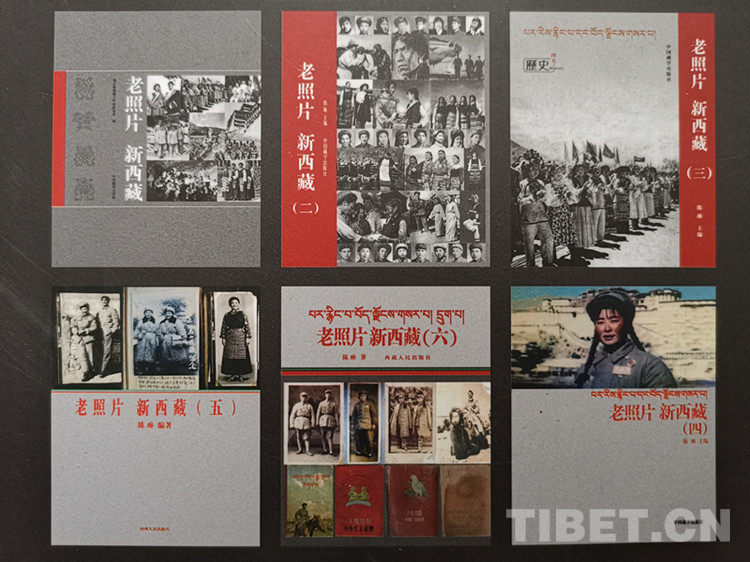Interview: Senior Russian lawmaker hails wisdom of Chinese leadership
"The (China's) achievements are a manifestation of the wisdom and creative potential of the Chinese leadership," Ivan Melnikov, first deputy chairman of the Russian State Duma or the lower house of parliament, has said.
Over the past 70 years, especially over the four decades since the start of reform and opening-up, China has achieved great successes that delight the whole world, Melnikov, who is also first deputy head of the Communist Party of Russia, told Xinhua in a recent interview.
The interview was conducted days ahead of a scheduled visit to Russia by Chinese top legislator Li Zhanshu.
"In the days when we celebrate the 70th anniversary of the founding of the People's Republic of China and the establishment of Russia-China diplomatic relations, this visit has great symbolic significance," Melnikov said.
Li, chairman of the Standing Committee of the National People's Congress of China, will have a "rich and interesting" itinerary during his stay in Russia, he said.
"We will talk about the parliamentary aspect of the alignment of the Eurasian Economic Union and the Belt and Road Initiative," said Melnikov, who is also chairman of the Russia-China Friendship Association.
The senior lawmaker said he and Li will also exchange views "on the development of legislation in the field of Internet regulation, on non-profit organizations and foreign agents, e-commerce and the protection of intellectual property."
According to Melnikov, the warm and reliable relationship between Russian and Chinese leaders ensures the solidarity and stability of bilateral ties.
"The new era of bilateral ties, based on the solid foundation of 70 years of diplomatic relations, defines new guidelines: the parties must maintain relations of good neighborliness and strategic cooperation, seek mutual benefits and joint successes, work together to preserve the international order," he said.
In addition, Russia and China should boost the level and quality of trade and economic ties and enhance cooperation on large projects and in high-tech spheres, Melnikov said, adding that e-commerce, digital economy and scientific and technological innovations could serve as new propellers for growth.
Tibet Stories

Naming a Tibetan serf after the founding of New China
Wang was born a serf in old Tibet's Nagqu. His parents, both beggars at the time, sent him t...

